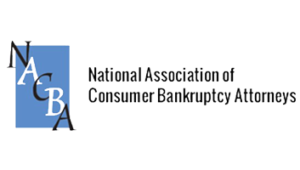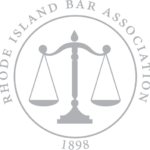Top 7 Reasons To File Chapter 7 vs Chapter 13
Here are the 7 most common reasons to file a Chapter 7 bankruptcy instead of a Chapter 13 bankruptcy.
The Truth About the Mortgage Modification Process
Mortgage modification works for a small minority, while the majority of homeowner’s who apply under HAMP end up being disappointed. The larger question is whether it makes sense to keep a house that consumes too much of your disposable income. For many, surrendering the house and discharging the debt in bankruptcy is an option worth considering.
Get Bankruptcy Advice Even If You Have No Intention To File
Getting timely bankruptcy advice is helpful even if you have no intention to file for bankruptcy relief. If you are dealing with more than $ 10,000 in unsecured debt and want to know all of your options, a respected bankruptcy attorney should be the first financial adviser to call.
Bankruptcy for RI Seniors
Bankruptcy Relief For RI Seniors “An increasing number of Americans aged 65 and older are declaring bankruptcy,” writes Reuters in a recent report. “Those aged 65 and older represented seven percent of bankruptcy filers in 2007, a mind-boggling jump from 1991. They are easily the ‘fastest-growing age demographic…’” The sad fact is that many older […]
Do Chapter 7 Debtors Have to go to RI Bankruptcy Court?
In most cases, debtors who file for Chapter 7 bankruptcy relief in Rhode Island, do not have to go the RI Bankruptcy Court. Instead, they attend a brief hearing known as a Section 341 meeting of creditors that typically lasts less than 5 minutes.
14 Lies About Bankruptcy
RI Bankruptcy lawyer separates fact from fiction concerning filing bankrupty. Those struggling with unpayable debt should learn more about bankruptcy relief.
Debt Settlement Plans: Part II
Debt settlement plans fail because they require unrealistic repayment terms. Contact a Rhode Island bankruptcy lawyer to understand all of your debt-relief options.
RI Bankruptcy Filing: Can’t I Just Keep One Credit Card?
RI Chapter 7 bankruptcy filers must list everyone they owe money to, including all credit cards with a balance and friends or family members.
Filing Bankruptcy in Rhode Island
In Rhode Island, there almost 5,900 lawyers for a population of 1,050,788 people. We could easily fill the Providence Performing Arts Center (PPAC) to capacity . . . . . . TWICE. If you needed to file bankruptcy in Rhode Island, could you imagine standing on the stage of PPAC trying to figure out which lawyer in […]




